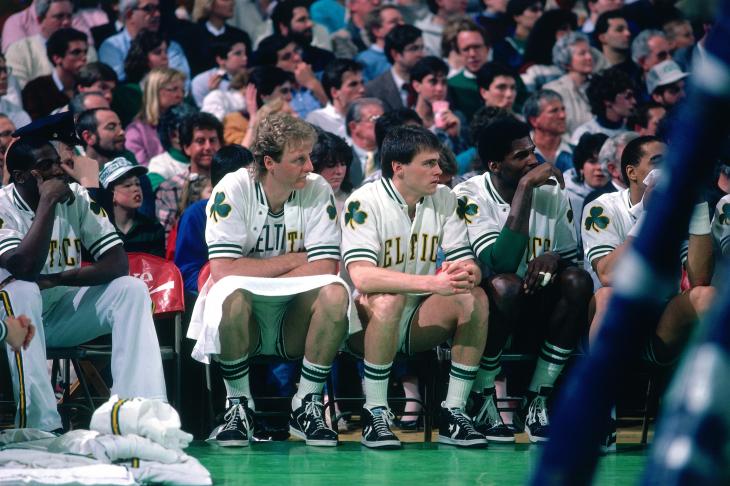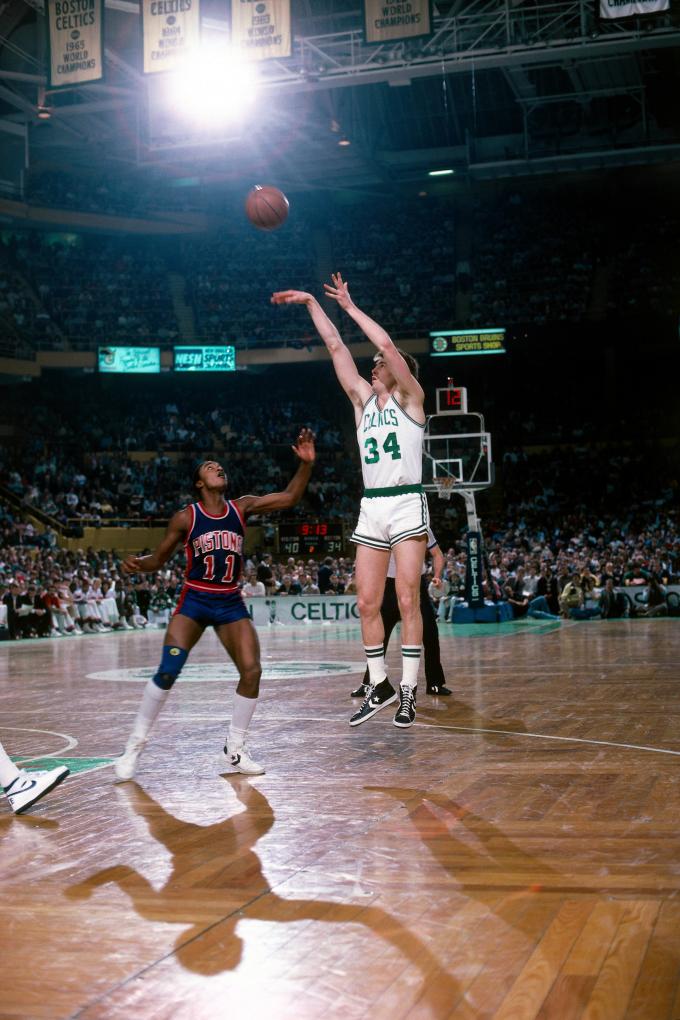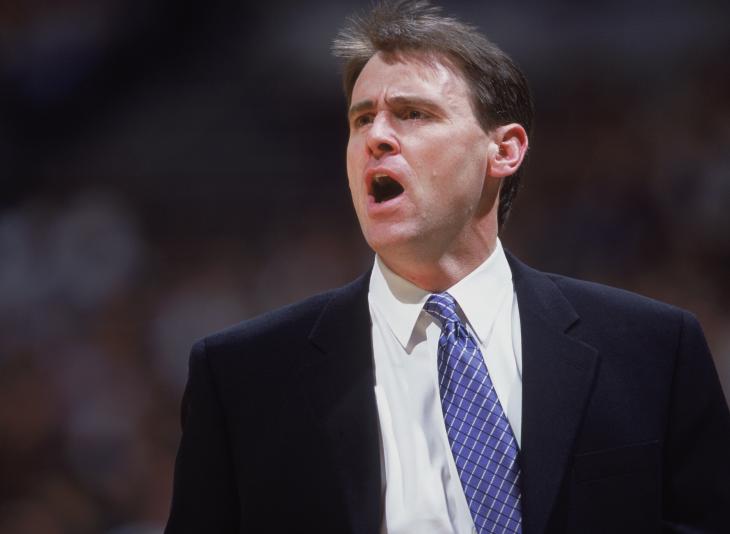He was grateful when the opportunity presented itself, but this didn’t make the news from Fitch any easier to swallow. It helped that through his five years in the NBA, the Ogdensburg, New York native understood as much as he loved playing, it wouldn’t last forever.
“When I was playing, I was very aware that I was a role player and that every year I was fighting for a job on a roster,” Carlisle remembers. “I think there was only one year, maybe two, that I had a guaranteed contract heading into the season. So, I was always very guarded and realistic about my future as a player.”
Coaching always fascinated Carlisle, he even attended several coaching clinics in high school. Between his freshman year of high school and last year of college basketball, he’d had seven coaches in eight years of playing. He’d certainly experienced plenty of different coaching styles to pull from and help mold his own.
“I’ve played for many tremendous coaches,” said Carlisle. “I was exposed to a lot of different approaches, different teaching styles, etc., and I just kind of absorbed all of it and stored it away.” His first assistant job with the Nets involved a lot of scouting, time Carlisle used to observe players and their coaches.
“I was scouting all the teams in the league,” Carlisle remembers. “So, it was a master class, an opportunity to study everyone. If you are a musician learning how to play jazz, for example, it’d be the same as listening to other musicians and getting a feel for different styles and approaches.”
Two of the ‘musicians’ he observed most closely were the ones he was coaching for with the Nets in his early years as an assistant; Hall-of-Famers Bill Fitch and then Chuck Daly.
“It was an unbelievable beginning to my coaching career.”
Carlisle’s chance to play his own music came a few years later when he was named the head coach of the 2001 Detroit Pistons. After two years, he moved on to Indiana and, later, the Dallas Mavericks — where he became one of just 12 people to win an NBA Championship as a player and as a coach. Along the way, he discovered his own coaching style was heavily influenced by two key ingredients: experience and trust.













